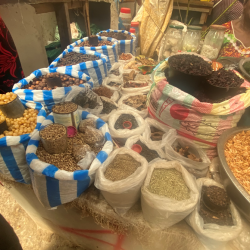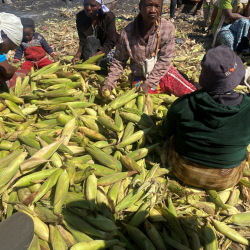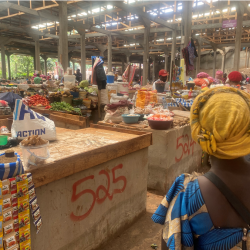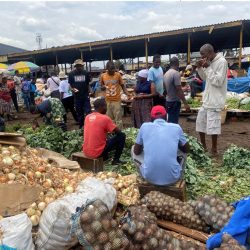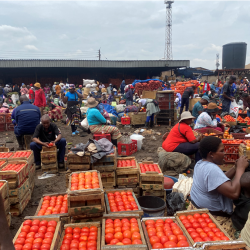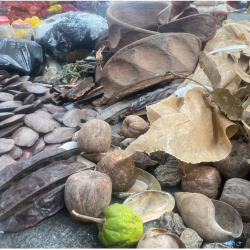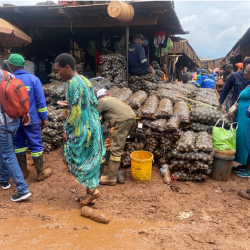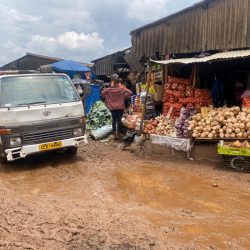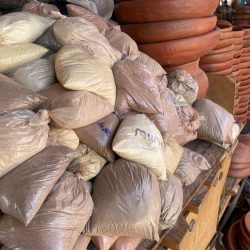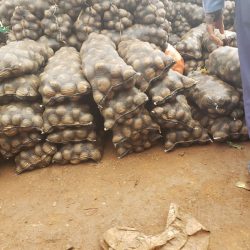Africa can feed itself and also be a source of food aid for the whole world
The World Food Program’s 2026 Global Outlook projects 318 million people will face crisis levels of hunger this year and the most affected countries are Afghanistan, Democratic Republic of the Congo (DRC), Haiti, Somalia, South Sudan, and Sudan. Meanwhile, African territorial markets in big cities like Kampala (Nakasero & Nakawa market), Arusha (Kilombero market), Nairobi Read more about Africa can feed itself and also be a source of food aid for the whole world[…]

